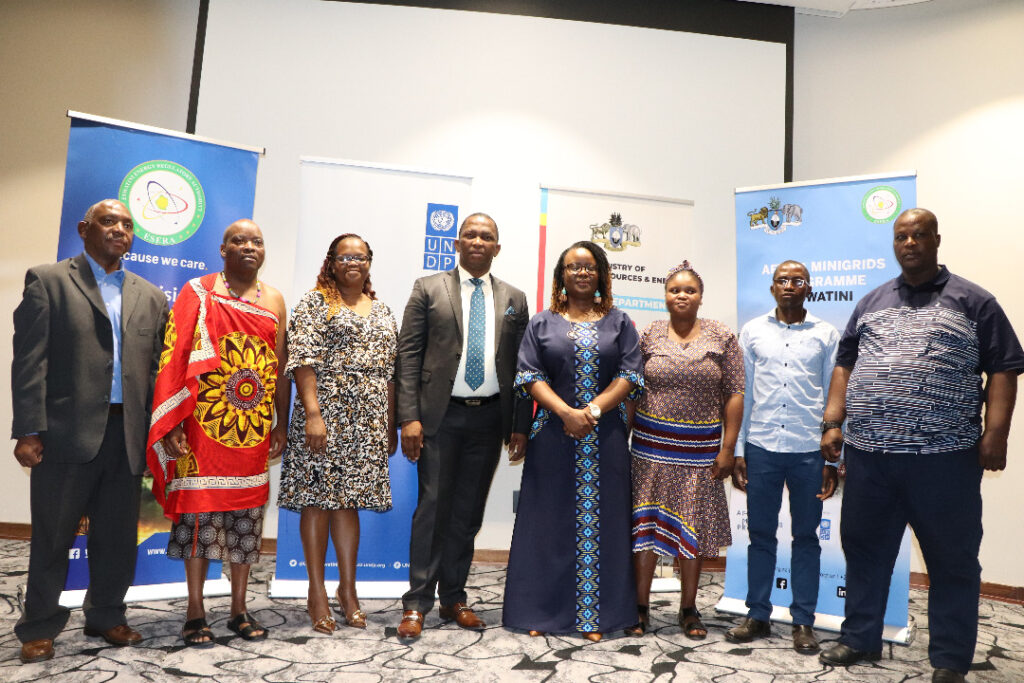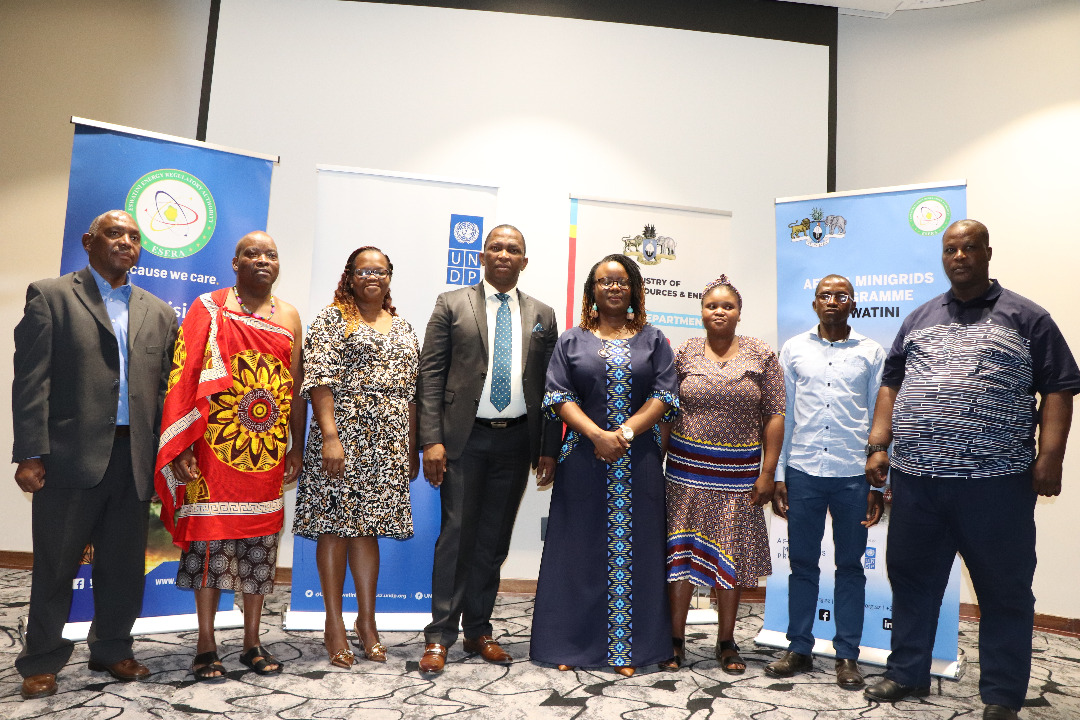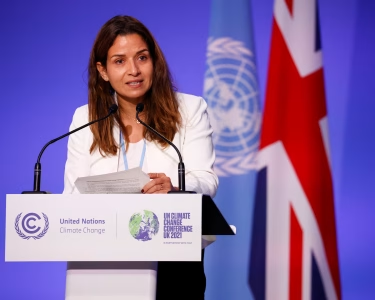By Khulile Thwala
The continuous rollout of the mini-grid project under the rural electrification programme will not only increase accessibility to electricity but also will make electricity much more affordable to the poor. In collaboration with the Ministry of Natural Resources and Energy, the Eswatini Energy Regulatory Authority (ESERA) and Eswatini Electricity Company (EEC), the United Nations Development Programme (UNDP)with funding from the Global Environment Facility (GEF) of E15 million, is leading the implementation of the mini-grid project in rural areas. EEC has therefore embarked on a pilot project which seeks to address the challenges of providing access to electricity to inaccessible areas within the Kingdom where grid electricity is challenged. It involves the installation of Solar Photovoltaic stand-alone or off-grid connection.

With this mini-grid programme, consumers will pay E1.81 per unit instead of the E4.86 per unit standard charge for domestic consumers, EEC Managing Director has disclosed.
A pilot project was recently completed by the Eswatini Electricity Company (EEC) at Mvundla in Ntondozi, a remote area with a footbridge used to pass the Ngwempisi River to get to the area.
Mkhonta observed that most of the households which do not have electricity are located in remote areas and were challenging to access.
“These conditions present barriers to improve electricity supply in the country and grid electricity would mostly result in issues such as outages which would take ages to fix due to the inaccessibility, hence the piloting of mini-grid electricity,” said Mkhonta.
Explaining further about the pilot project, the MD said Mvundla was selected as the right candidate for the off-grid pilot study by the Ministry of Natural Resources. He stated that the community of Mvundla was now purchasing units at a low cost of E1.81 in comparison to the standard grid electricity supply charge of E4.85 per unit.
“The difference is duly subsidised and the battery power has an autonomy of four to five days. The tariff needs to be paid to service the battery as it flattens, but it does not completely run out,” he said.
Mkhonta indicated that this system of electricity supply could not take heavy loads, for instance, the power activity in urban areas would not suffice in this type of system.
“This system is sustainable for areas where power usage is low in that only household appliances are connected, hence its effectiveness in rural areas. The Mavundla project in total cost E3.5 million,” he said.
The EEC MD highlighted the identified challenges during the implementation of the pilot project, stating that going forward there was a need to address them to ensure the sustainability of the programme.
“Transportation was a huge hurdle as the contractors had to use a footbridge to transport the equipment to the designated area, including the poles. Also, safety assurance was a challenge as the areas the installation occurs in is remote, meaning distant availability of health services,” said Mkhonta.
He also mentioned the lack of local suppliers of the equipment for mini-grids, resulting in a continued reliance on South African suppliers and thus delaying the installation process.
ESERA Chief Executive Officer Sikhumbuzo Tsabedze said the implementation of what will be known as the Mini-Grid Programme, is imperative as there is a growing demand for low-cost electricity supply from consumers.
Eswatini has joined 21 other countries in the implementation of a mini-grids programme aiming to ensure 100 per cent electricity supply in the country by 2030. The country currently stands at 83 per cent electricity supply.
Acting Minister of Natural Resources and Energy Jabulani Mabuza during the launch of the mini-grid programme last week, commended the support from UNDP, which has enabled the country to secure grant funding of E15 million from GEF.
“This aligns with the country’s target for renewable energy and the expectation that mini-grids and other off-grid solutions such as solar home systems, will contribute to the goal to achieve universal energy access by 2030.
It is worth mentioning that, for a start, the project will seek to establish productive energy use initiatives within the already existing Mvundla project area.
The minister said this would require close collaboration among the relevant stakeholders, including the Mvundla community itself.
“The other part of the project will involve the installation of a mini-grid at Bulimeni community under the Bulandzeni Umphakatsi,” he said.
The minister said the desired result of this was that the economic status of the communities will be greatly improved while also ensuring that the mini-grids are self-sustaining.
UNDP Representative Jane Yeboah said the mini-grid programme was close to the heart of UNDP and the UN in general because they understood that energy or electricity access by the population powers every single Sustainable Development Goal (SDG).






